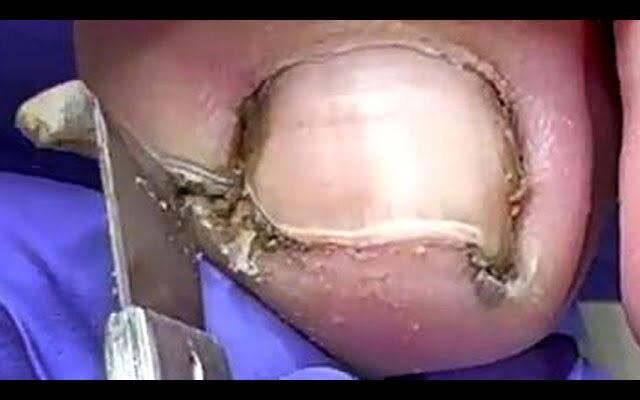It sounds like you may be referring to a severe fungal infection that could involve a substance described as “black mud,” which may be linked to a condition called mucormycosis (also known as black fungus). Mucormycosis is a serious, rare fungal infection caused by a group of molds called Mucormycetes. It is known to affect immunocompromised individuals, such as those with diabetes, cancer, or those who have recently undergone organ transplants.
Here’s an overview of the condition:
Mucormycosis (Black Fungus)
- Symptoms:
- Facial swelling, especially around the eyes or nose.
- Nasal discharge, which can be black or bloody.
- Blackened or necrotic tissue (like black patches on the skin or mucous membranes).
- Difficulty breathing or chest pain (if lungs are involved).
- Headache, fever, and blurred vision in some cases.
- Causes:
- The fungi that cause mucormycosis can be found in soil, decaying organic matter, and even in the air.
- It’s more common in people with weakened immune systems, particularly those with diabetes, HIV/AIDS, cancer treatments, and organ transplants.
- Poor hygiene, especially in tropical and humid regions, can also increase the risk.
- Treatment:
- Antifungal medications like Amphotericin B or Posaconazole are commonly used.
- In severe cases, surgery may be required to remove necrotic tissue.
- Control of the underlying condition (such as diabetes) is critical for recovery.
- Prevention:
- Avoiding exposure to contaminated environments, particularly if you have a compromised immune system.
- Proper wound care and hygiene can reduce the risk of infection.
Black Mud as a Symptom:
If you are specifically referring to a situation where “black mud” is observed in association with the infection, it could relate to the necrosis (death) of tissue due to fungal growth, where blackened, decayed tissue may resemble mud-like material. This can appear on the skin, in nasal discharge, or in wounds infected by the fungi.
Would you like to learn more about the causes, treatment options, or symptoms of mucormycosis or any other fungal infection?



